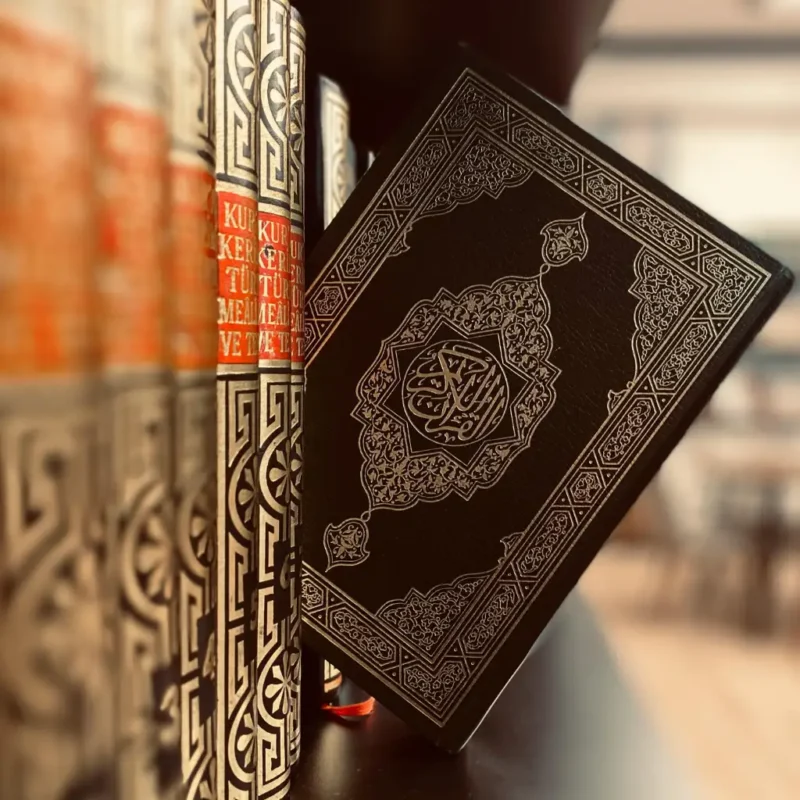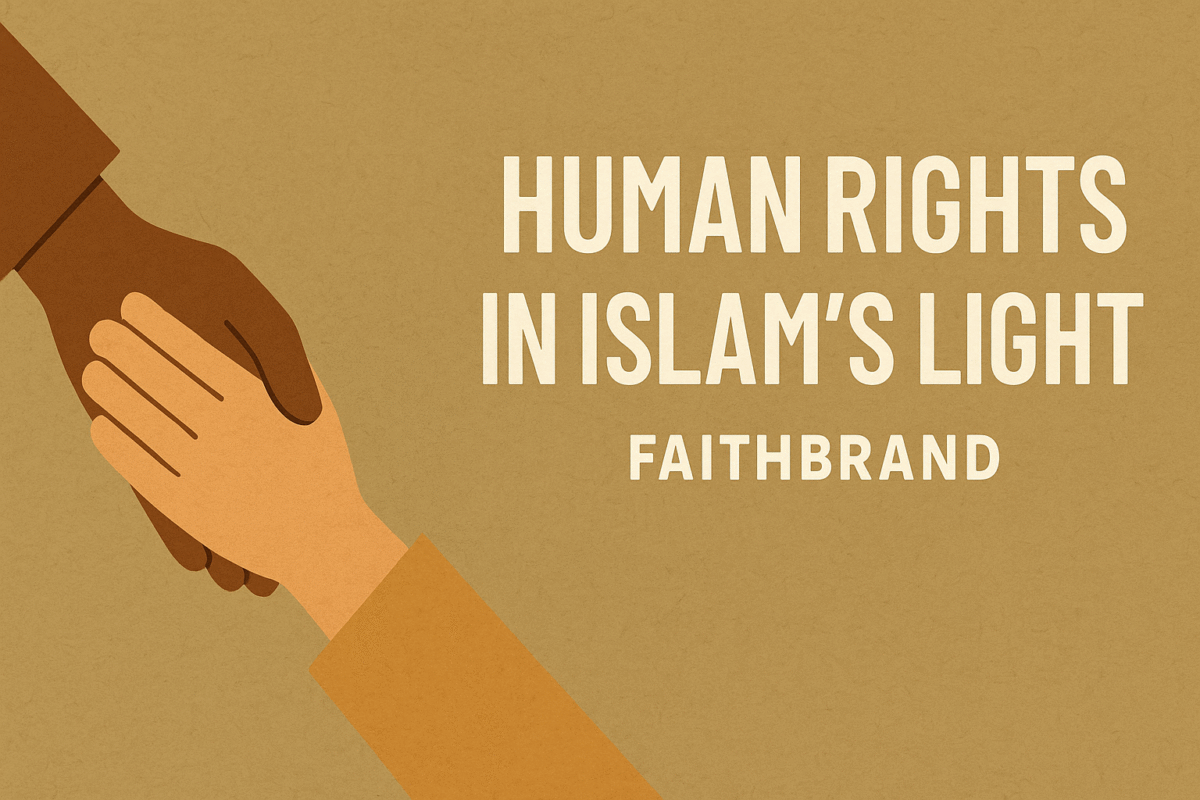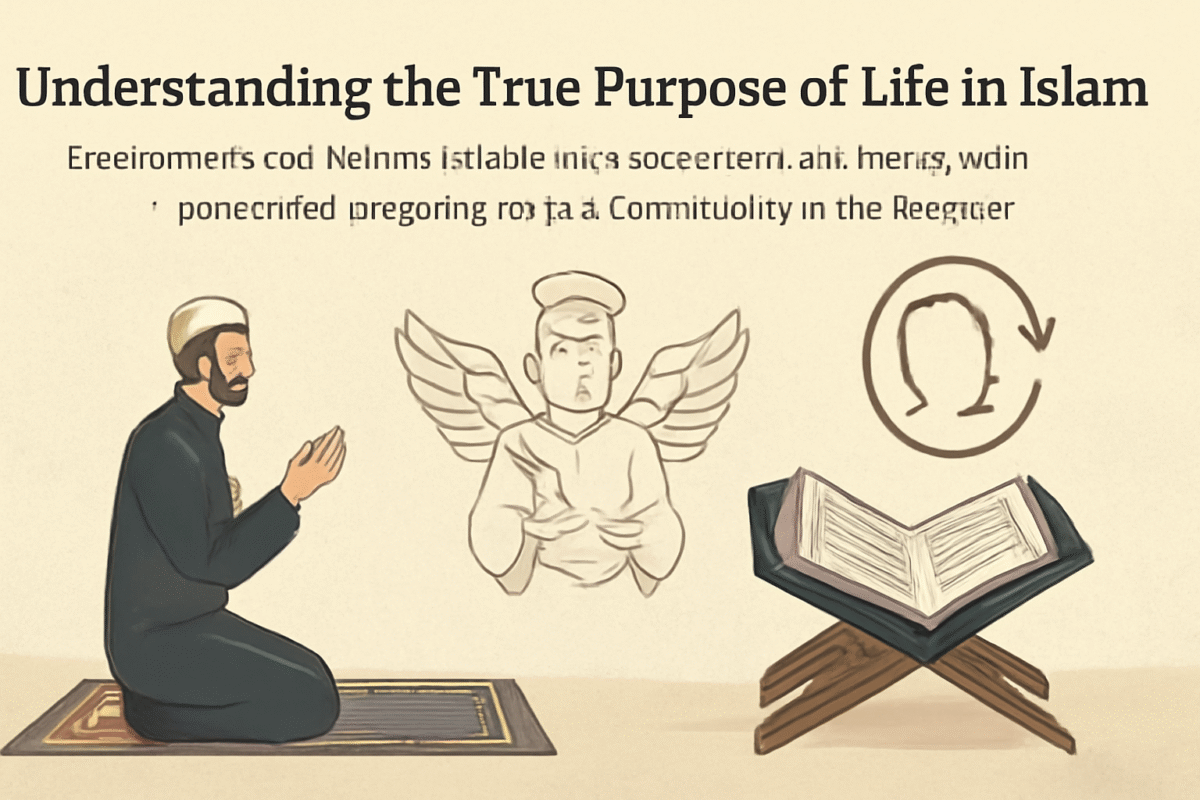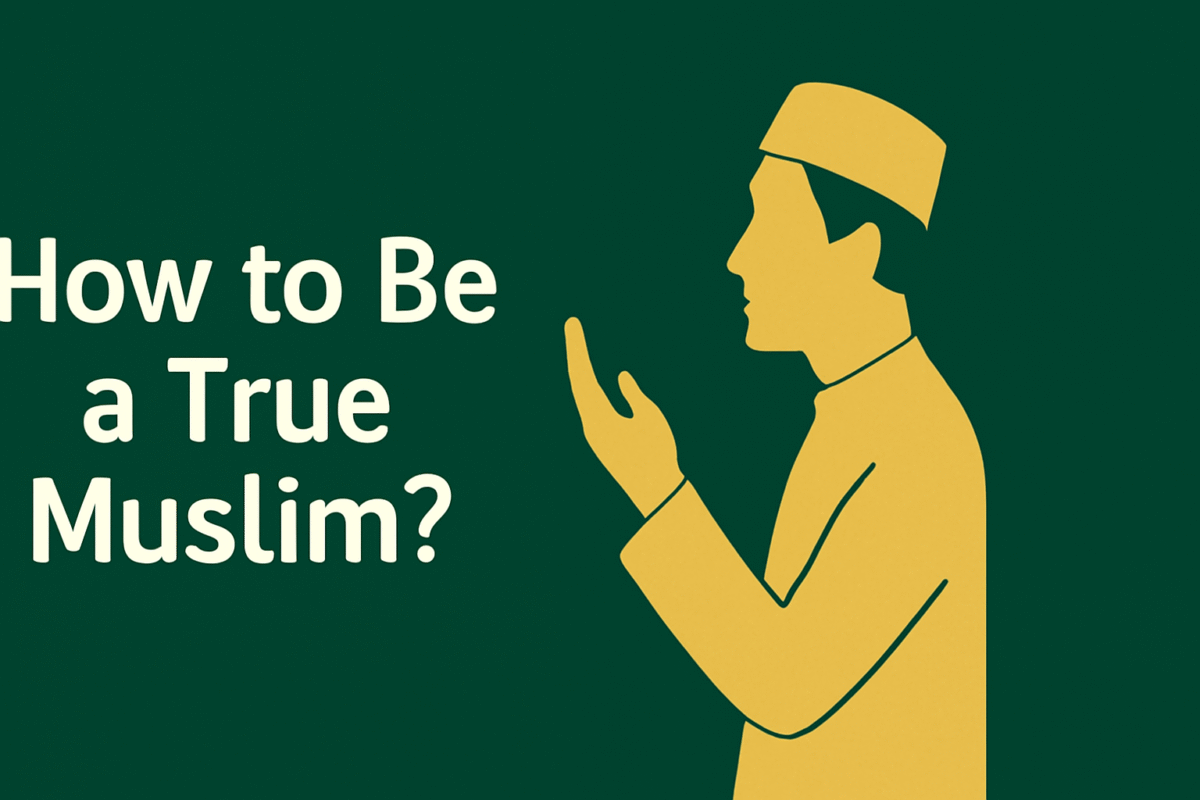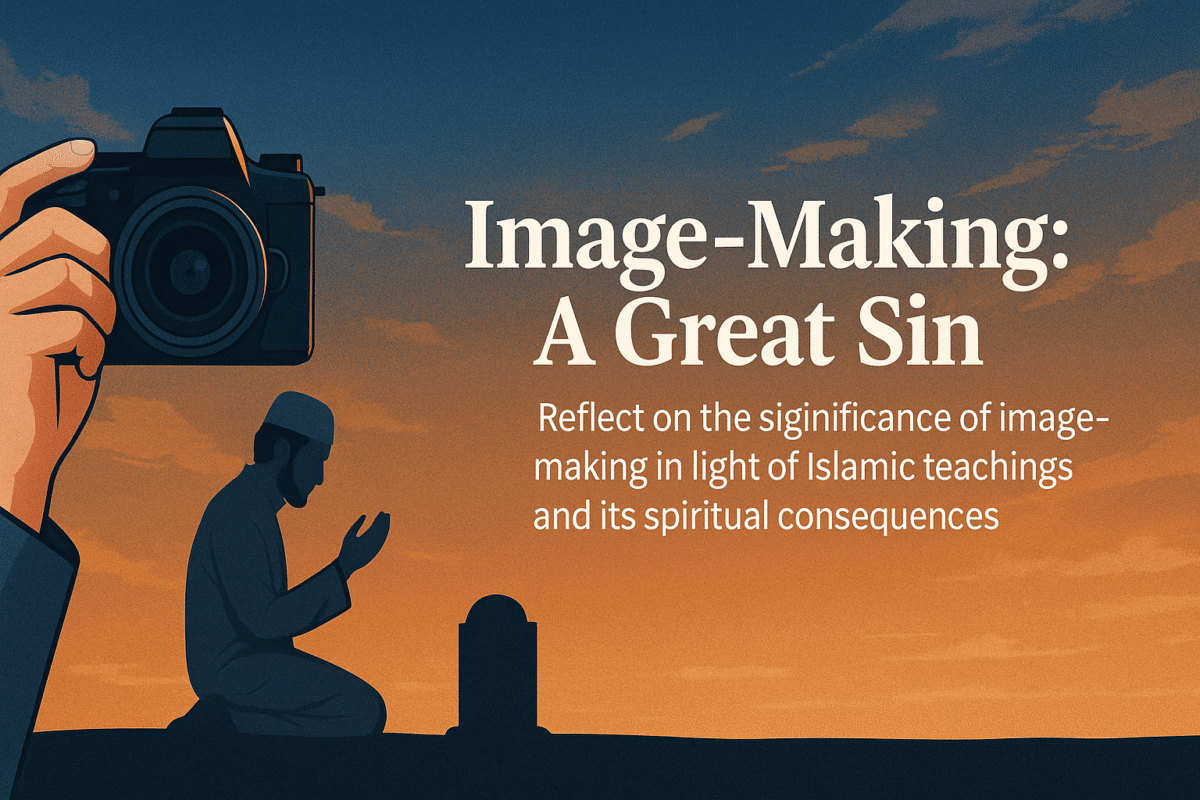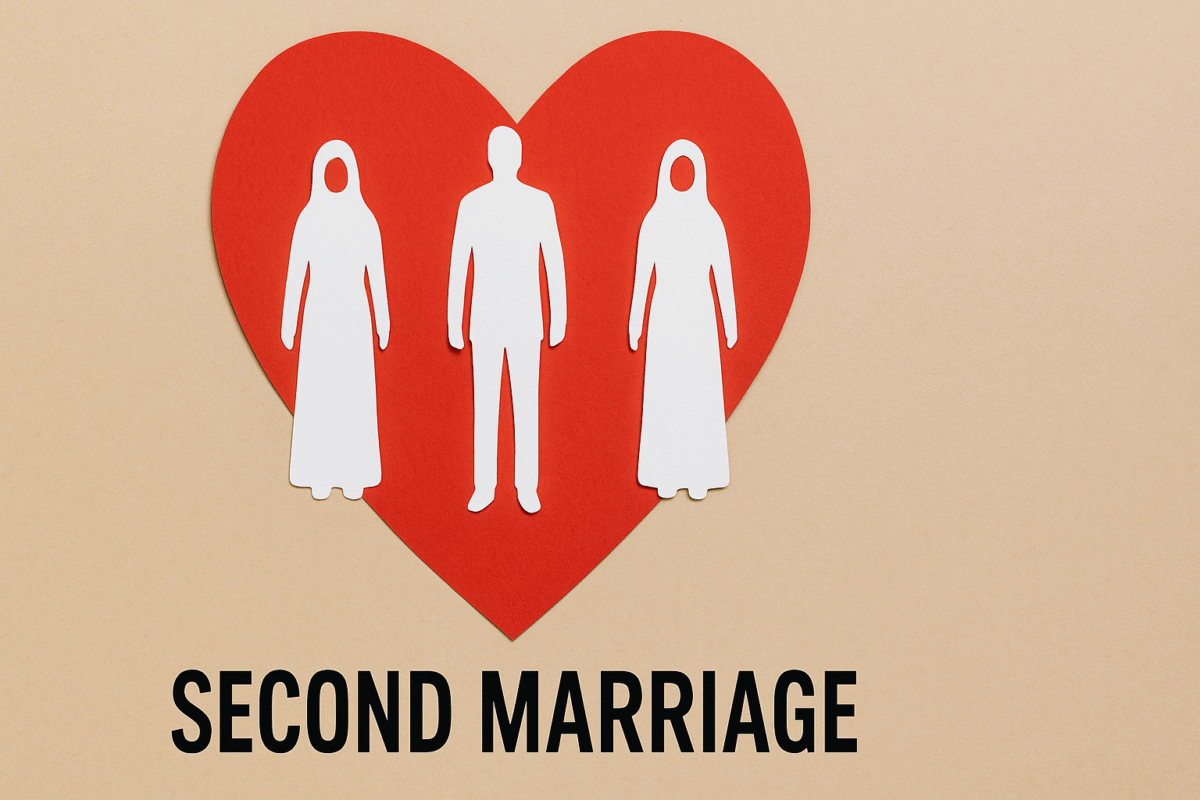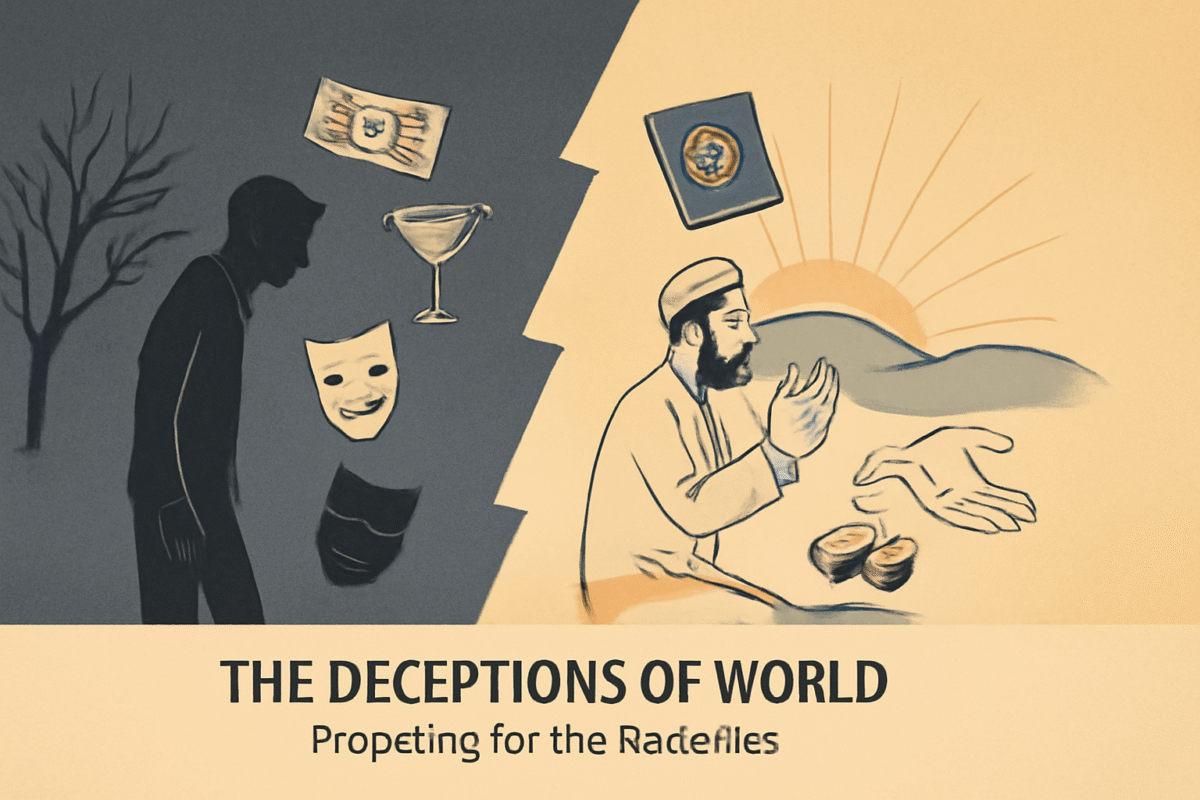Introduction
The difference between Islam and Muslim is one of the most common sources of confusion for many people exploring religion or world cultures. These two terms are often used interchangeably, but they carry distinct meanings that are important to understand. This guide explains the difference in simple terms, providing historical context, definitions, and cultural relevance. Whether you’re curious, learning, or teaching, this article will help you grasp what separates Islam the religion from Muslims as followers.
Defining Islam and Muslim
Islam is a monotheistic religion that began in the 7th century CE with the revelation of the Quran to the Prophet Muhammad (peace be upon him). It means “submission to the will of God (Allah).” Islam provides a complete way of life through its teachings in the Quran and Hadith.
A Muslim, on the other hand, is a person who follows the religion of Islam. The word “Muslim” means “one who submits to God.” Therefore, Islam is the belief system, and a Muslim is the believer and practitioner.
This already highlights a key difference between Islam and Muslim – Islam is the religion, and Muslim is the follower. You can also check How to Become a Better Muslim by Following Islam’s Teachings.
Core Beliefs and Practices of Islam
The core beliefs in Islam are centered around five pillars:
- Shahada – Declaration of faith
- Salah – Five daily prayers
- Zakat – Giving charity
- Sawm – Fasting during Ramadan
- Hajj – Pilgrimage to Mecca
These pillars define Islamic practice. However, it is Muslims who carry out these practices.
This highlights another important difference between Muslim and Islam religion — Islam defines the rules, while Muslims live by them.
Additionally, Muslims believe in the six articles of faith: belief in Allah, His angels, His books, His messengers, the Day of Judgment, and divine predestination. These foundational beliefs further emphasize that Islam is the system, and Muslims are those who submit to and live by it. You can also check How to Be a True Muslim?
Cultural and Linguistic Misunderstandings
Many people wonder, what’s the difference between Islam and Muslim or even what is the difference between Islamic and Muslim. The confusion often stems from the way the terms are used in media and everyday conversations.
- Islamic is an adjective that refers to things related to the religion of Islam—such as Islamic art, Islamic laws, or Islamic culture.
- Muslim, as an adjective, is used for people: Muslim man, Muslim community, Muslim women, etc.
Thus, there’s a subtle but important difference between Islamic and Muslim when used in descriptions.
Another example: it is correct to say “Islamic banking” when referring to financial systems guided by Islamic law, but not “Muslim banking.” Conversely, we refer to the people as “Muslim clerics” or “Muslim scholars,” not “Islamic people.” You can also check Understanding Islamic Laws: A Guide to the Foundations of Islamic Jurisprudence.
Real-World Consequences of Misunderstanding
Misusing the terms “Islam” and “Muslim” can lead to misunderstanding, stereotypes, and even cultural insensitivity. For example:
- Saying “Islamic person” is incorrect; the correct term is “Muslim person.”
- Referring to a government as “Muslim” when it enforces Islamic law is also incorrect.
Understanding these distinctions encourages respectful language use and avoids reinforcing stereotypes or inaccuracies.
So, understanding the difference between Muslim and Islamic and between a Muslim and Islam helps avoid common errors and promotes respectful communication. In professional, academic, or interfaith conversations, using the correct terms fosters better relationships and mutual respect.
Islam as a Belief System vs. Muslim as Identity
Let’s simplify the difference with an analogy:
- Islam is like a path or road.
- A Muslim is the traveler on that path.
They are interconnected, but they are not the same. Knowing the difference between Muslim and Islam helps one appreciate the structure of the religion and the role of its followers.
In the same way, the difference between Muslim and Islamic lies in usage—“Islamic” refers to principles or objects tied to Islam; “Muslim” always refers to the people.
This becomes especially important in discussions around governance, education, law, and international relations. For example, one might refer to an “Islamic constitution” in a country and the “Muslim population” that follows it.
Historical and Social Context
Islam began in the Arabian Peninsula in the 7th century CE, but Muslims now live around the world. Despite cultural differences, what unites Muslims is their shared belief in Islam.
This further supports the difference between Muslim and Islam religion – Islam is one, but Muslim identity varies by culture, language, and tradition.
Likewise, questions like what is the difference between Islamic and Muslim and difference between Muslim and Islamic are especially important when analyzing social or political systems where religion intersects with governance.
The Muslim world includes over 1.8 billion people across continents, from Asia and Africa to Europe and the Americas. These followers may interpret and practice Islam differently, but they all identify as Muslims under one global faith.
Muslim vs Islam Religion: Clarifying the Distinction
The comparison between Muslim vs Islam religion often helps clarify misunderstandings in casual or academic discussions.
“Muslim” refers to an individual’s personal identity—someone who lives by the teachings of Islam. This person could be devout or moderately practicing but is still considered a Muslim.
On the other hand, “Islam religion” refers to the broader system of beliefs, laws, and ethics prescribed in the Quran and Sunnah. It encompasses theological concepts, spiritual obligations, and guidelines for daily life.
When someone asks about Muslim vs Islam religion, they’re essentially asking about the practitioner versus the practice. This distinction is vital to understanding global discussions on faith, culture, and policy. It helps distinguish between a faith’s core values and how its followers interpret and apply them.
Why This Matters
Understanding the difference between Muslim and Islam religion goes beyond vocabulary. It promotes accurate knowledge, respectful dialogue, and interfaith understanding. In a time where religion is often at the center of global discussion, clarity is essential.
Many people also ask, what is the difference between Islamic and Muslim in daily contexts. This question is crucial for educators, writers, and global citizens who want to communicate responsibly and respectfully.
Using the right terms helps bridge the gap between cultures and promotes a deeper appreciation of Islamic traditions and Muslim identity.
FAQs
Is every Muslim part of the same culture?
No, Muslims come from diverse cultures, languages, and traditions. While united by their faith in Islam, their cultural practices can differ widely depending on their geographic and ethnic background.
Are Islamic laws the same in every country?
No, Islamic laws (Sharia) are interpreted differently across countries. Local culture, legal systems, and schools of thought influence how Islamic law is applied or integrated into national policies.
Is the Quran for Muslims only?
The Quran is the holy book of Islam and primarily intended for Muslims, but it is also studied by scholars, students, and curious readers from other faiths for understanding Islamic beliefs.
Do all Muslims follow the same branch of Islam?
No, Muslims belong to various branches, mainly Sunni and Shia, among others. These groups share core beliefs but may differ in interpretations, practices, and religious leadership structures.
Conclusion
The difference between Islam and Muslim lies in the nature of one being a faith and the other being a follower. Islam is the guiding path, while Muslims are the ones who walk it. Likewise, the difference between Islamic and Muslim lies in context—Islamic refers to religion-related concepts, while Muslim always refers to people.
By understanding these distinctions, readers can better communicate and connect with people from Muslim communities and avoid common mistakes that stem from misused terminology.
Understanding Muslim vs Islam religion also encourages critical thinking and compassion. It helps distinguish belief from identity and shows how both are equally significant in understanding Islamic culture and its followers worldwide.


